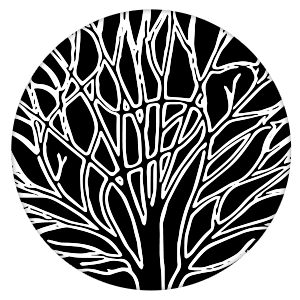Animal Cultures: Core Discoveries and New Horizons
Lecture 9: Cumulative cultural evolution in animals?
Nicolas Claidière, CNRS, Aix-Marseille University, France
The previous lectures have established that animal culture is widespread in the animal kingdom and touches many different domains (such as foraging, mate choice, tool use, etc). However, human culture is also endlessly changing through time, a process referred to as ‘cumulative cultural evolution’ (CCE). Do animal cultures also display this kind of evolution? To answer this question the lecture is divided into three parts addressing:
- the definition and historical background behind the notion of CCE
- the evidence we currently have regarding CCE
- the mechanistic origins of this phenomenon.
Nicolas Claidière
Lecture 9a:Definition and historical background
Lecture 9b: Evidence for CCE in non-human animals
Lecture 9c: The origin of CCE
Lecture slides (pdf)
Core (testable) readings
Mesoudi, A., & Thornton, A. (2018). What is cumulative cultural evolution? Proceedings of the Royal Society B: Biological Sciences, 285(1880). doi:10.1098/rspb.2018.0712
Discusses a core set of criteria to assess the presence of CCE in animals as well as reviewing the evidence.
Sasaki, T., & Biro, D. (2017). Cumulative culture can emerge from collective intelligence in animal groups. Nature Communications, 8(1), 15049. doi:10.1038/ncomms15049
A clear and comprehensive study showing progressive improvement of flying routes in pigeons.
Further reading
Tomasello, M., Kruger, A. C., & Ratner, H. H. (1993). Cultural learning. Behavioral and Brain Sciences 16, 495-552.
The paper that sparked the modern interest in CCE comparing human and non-human social learning (imitation) and suggesting that fidelity is at the origin of the ratchet effect in humans.
Claidière, N., Smith, K., Kirby, S., & Fagot, J. (2014). Cultural evolution of systematically structured behaviour in a non-human primate. Proceedings of the Royal Society B: Biological Sciences, 281, 1797. doi:10.1098/rspb.2014.1541
This experimental paper shows how cultural evolution can lead to the emergence of complex behaviours typical of human cultural evolution.
Whiten, A. (2019). Cultural Evolution in Animals. Annual Review of Ecology, Evolution, and Systematics, 50(1), 27-48. doi:10.1146/annurev-ecolsys-110218-025040
For a wider perspective on cultural evolution in general.
This project was supported by Grant #61105 from the John Templeton Foundation to the University of Tennessee, Knoxville (PIs: S. Gavrilets and P. J. Richerson) with assistance from the Center for the Dynamics of Social Complexity and the National Institute for Mathematical and Biological Synthesis at the University of Tennessee, Knoxville.

The Cultural Evolution Society's Online Learning Tutorial Series is licensed under a Creative Commons Attribution-NonCommercial-ShareAlike 4.0 International License. For designers' contact information, click here.



